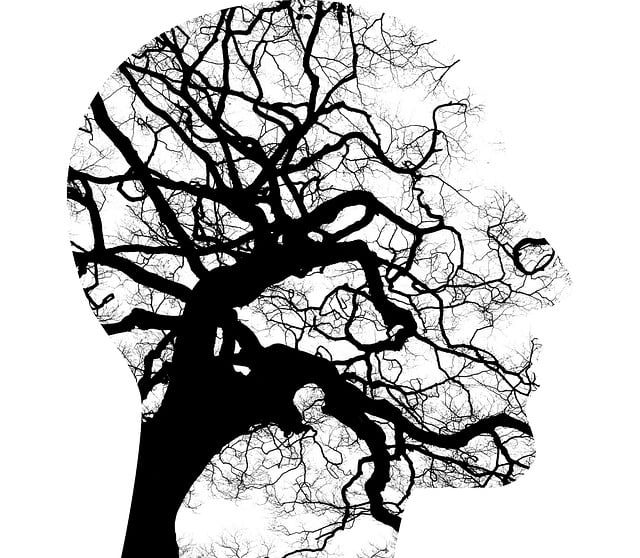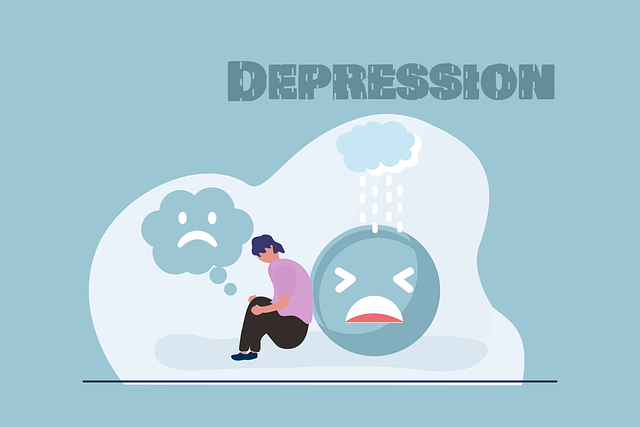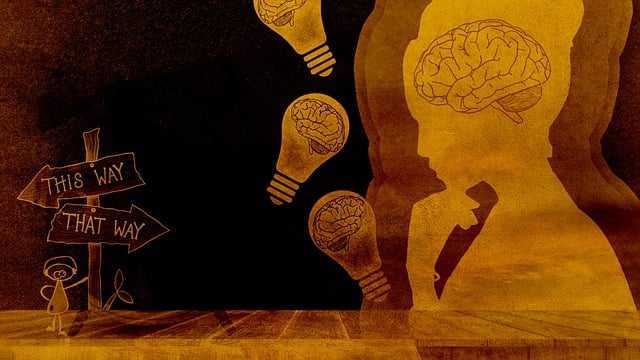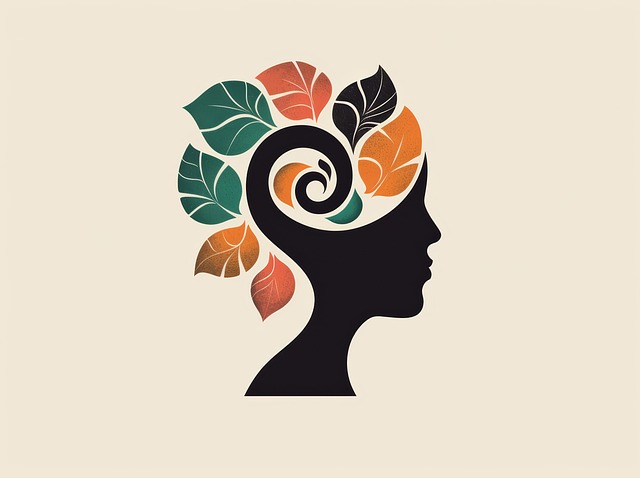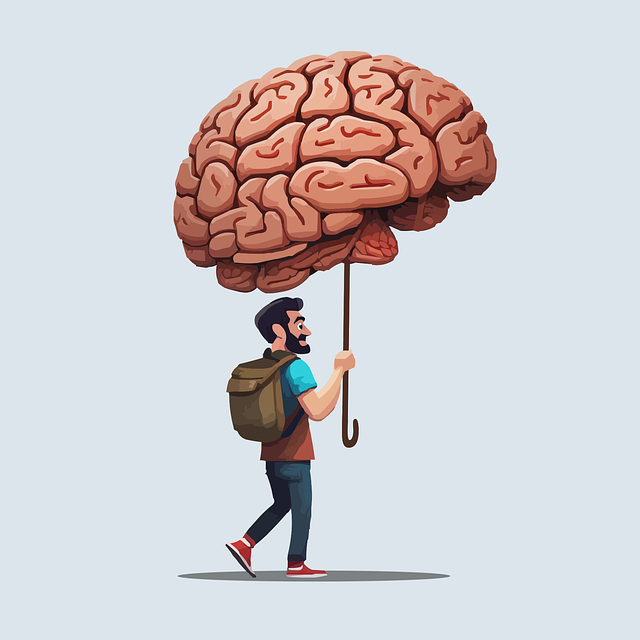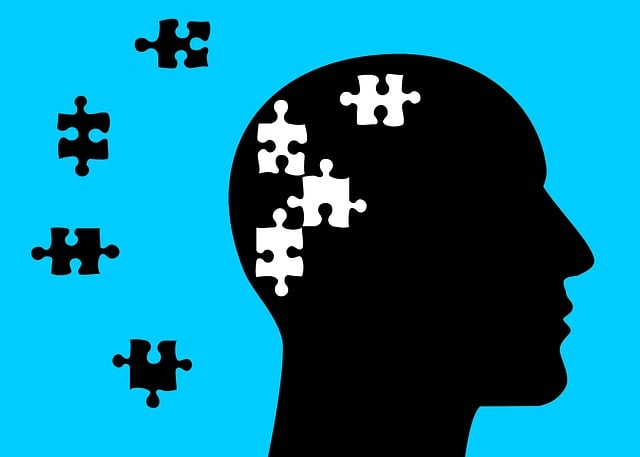The text highlights the significant impact of stigma on mental health, particularly among older adults, and introduces Aurora Geriatrics Therapy as a leading force in combating this issue. Aurora's approach combines holistic practices, mind-body principles, open dialogue, education, and community engagement to reduce stigma and promote understanding. Their initiatives aim to empower individuals, challenge societal norms, and foster inclusive communities. By educating people about mental health conditions, teaching stress management, and encouraging open conversations, Aurora is reshaping society's perception. This multifaceted strategy, including policy advocacy and accessible services, is essential for transforming mental healthcare and breaking down barriers to support.
Mental illness stigma remains a significant barrier to effective mental healthcare, affecting millions worldwide. This article explores targeted efforts to reduce this societal burden. We delve into the profound impact of stigma on mental health-seeking behaviors and treatment outcomes. Highlighting innovative practices like Aurora Geriatrics Therapy, which offers holistic approaches, we showcase community initiatives breaking down mental illness barriers through education and advocacy. Additionally, we examine policy changes pushing for a more inclusive and accessible mental healthcare system, including the positive influence of programs like Aurora Geriatrics Therapy.
- Understanding Stigma and its Impact on Mental Health Care
- Aurora Geriatrics Therapy: A Holistic Approach to Reducing Stigma
- Educational Initiatives: Empowering Communities to Break Down Barriers
- Policy Changes and Advocacy: Push for Systemic Transformation in Mental Healthcare
Understanding Stigma and its Impact on Mental Health Care

Stigma surrounding mental illness is a significant barrier to individuals seeking help and accessing quality care. It often manifests as negative attitudes, beliefs, and stereotypes about those with mental health conditions, leading to discrimination and social isolation. This stigma can have profound effects on an individual’s well-being, hindering their ability to disclose their struggles and seek the support they need. Many people facing mental illness internalize these societal perceptions, which can result in self-stigma, further exacerbating their symptoms and recovery journey.
At Aurora Geriatrics Therapy, we recognize that understanding and addressing stigma is a crucial component of providing comprehensive care. Our therapists employ empathy-building strategies to create safe spaces where individuals feel heard and validated. By fostering emotional intelligence and challenging societal norms, we aim to reduce the impact of stigma on mental health care. Encouraging open conversations about mental illness and promoting community education are essential efforts in the fight against this pervasive societal issue.
Aurora Geriatrics Therapy: A Holistic Approach to Reducing Stigma

Aurora Geriatrics Therapy takes a holistic approach to mental illness stigma reduction efforts, focusing on the interconnectedness of physical and psychological well-being. By integrating mind over matter principles, they empower individuals to challenge societal perceptions and foster understanding. This comprehensive strategy involves not just treating symptoms but also addressing the root causes of stigma through education, community engagement, and advocacy.
As part of their therapeutic process, Aurora Geriatrics Therapy encourages open dialogue about mental health issues, aiming to normalize conversations and dispel myths. They conduct thorough Mental Health Policy Analysis and Advocacy, staying informed on best practices and legislative changes that impact mental illness stigma reduction efforts. Through these initiatives, Aurora Geriatrics Therapy is revolutionizing the way society perceives and addresses mental health concerns among older adults.
Educational Initiatives: Empowering Communities to Break Down Barriers

Educational initiatives play a pivotal role in reducing the stigma surrounding mental illness by empowering communities to break down barriers and fostering understanding. Programs like those offered by Aurora Geriatrics Therapy focus on educating individuals, families, and caregivers about mental health conditions, promoting positive thinking, and encouraging open dialogues. These efforts often incorporate Mind Over Matter principles, teaching participants how to manage stress, improve resilience, and cultivate a more hopeful outlook.
Moreover, social skills training is an integral component of these educational initiatives. By equipping individuals with the necessary tools to communicate effectively, express emotions healthily, and build supportive relationships, communities become more inclusive and accepting. Such programs not only challenge stereotypes but also create safe spaces where people can share their experiences, gain valuable insights, and offer mutual support, ultimately contributing to a more compassionate society.
Policy Changes and Advocacy: Push for Systemic Transformation in Mental Healthcare

Mental illness stigma reduction efforts require a multifaceted approach, and policy changes are a crucial component. Advocacy plays a pivotal role in driving systemic transformation within mental healthcare. By pushing for policies that prioritize mental well-being, communities can foster an environment where individuals feel empowered to seek help without fear of judgment or discrimination. This shift involves reevaluating existing frameworks and implementing evidence-based practices, such as those offered by Aurora Geriatrics Therapy, which focus on early intervention and comprehensive care.
Through policy advocacy, we can ensure that mental healthcare services are accessible, affordable, and culturally sensitive. By integrating conflict resolution techniques, promoting depression prevention programs, and encouraging stress reduction methods, societal attitudes towards mental illness can be gradually transformed. These efforts collectively contribute to breaking down barriers and creating a more supportive network for those facing mental health challenges.
Mental illness stigma reduction is a multifaceted approach, from educational initiatives to policy changes. As previously mentioned, Aurora Geriatrics Therapy exemplifies holistic methods that can significantly impact care. By empowering communities through knowledge and advocating for systemic transformation, we can create a more inclusive and supportive environment for those facing mental health challenges. In summary, a combined effort of education, policy, and innovative therapies like Aurora Geriatrics is crucial in breaking down barriers and reducing the stigma surrounding mental illness.
